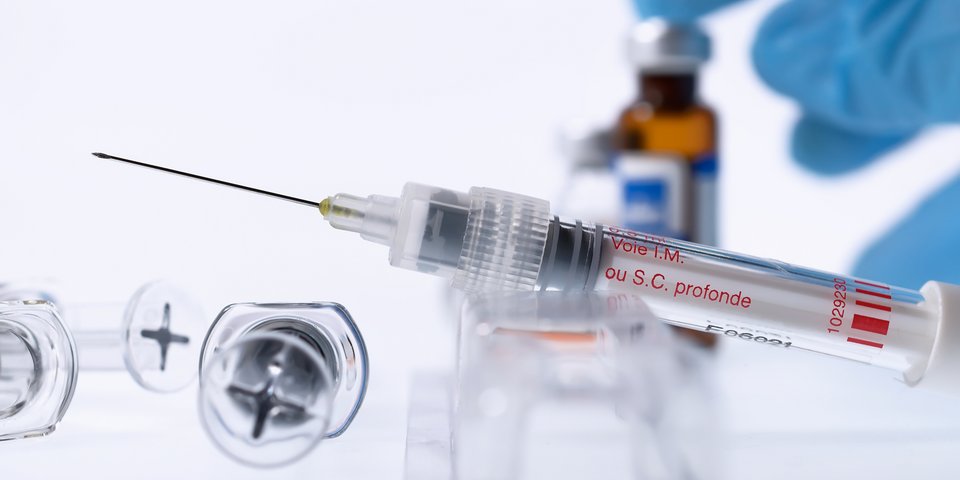 ursule - Fotolia
ursule - FotoliaVaccines and virus variants
The Hera incubator has been designed to tackle viral mutations.
UM – 03/2021
The good news first: With the conditional
approval of a vaccine against the SARS-CoV-2 virus from Janssen, a Dutch
subsidiary of the American Johnson & Johnson Group on March 11, 2021,
another vaccine against COVID-19 will be available in Europe in the foreseeable
future.
America moves on
The bad news: It is unclear when and in
what quantities the vaccine will actually be available to Europeans. It is true
that the EC has now ordered 200 million vials and optioned another 200 million.
Delivery is expected in mid-April at the earliest, or later as necessary.
American contracts will be fulfilled prior to shipping the serum to Europe.
Even though production will be in Europe, the new vaccine will be bottled in
the USA. The pace of vaccination there is expected to increase significantly
under the new president, Joe Biden.
Secure supply chains are needed
This demonstrates the importance of
continuing to push vaccine development and secure the supply chains. According
to Commission President Ursula von der Leyen in a statement, the EU wants to speed up the approval procedures
for vaccines and the certifying of new manufacturing structures by adapting the
relevant legal frameworks, as well as expanding production capacities in Europe
and promoting mass production.
A look at the virus variants
Special attention should also be paid to
virus mutations, to which the protective serums must be adapted in case of
doubt. Acting quickly in this area is the main objective of the "HERA incubator"
- a precautionary plan against biological hazards that aims to forge
public/private collaborations between academia, biotechnology companies and
manufacturers as well as government and regulatory agencies. Specifically,
- new variants will be detected more quickly through intensified
sequencing and more samples will be sequenced than ever before (five
percent instead of one percent).
- Research into vaccines for virus variants will also be promoted
and clinical vaccine studies will be better coordinated through a European
network. The VACCELERATE network, which involves 21 countries, was also
launched with the HERA incubator for this purposes.
The EC is providing an initial additional
225 million euros; 75 million euros to support genome sequencing in member
states and the development of new standardised tests for variants and 150
million euros to modify previously licensed vaccines to tackle virus mutations.
Mutations require rapid action
As the name suggests, the
"incubator" measures are intended to provide a basis for establishing
the future EU crisis authority HERA (see News
February 2021), through which the EU wants to be able to detect and combat
future pandemics at an early stage. The EC intends to present a legislative
proposal about this at the end of 2021. We do not want to wait so long because
of the already existing and the expected further virus mutations.
